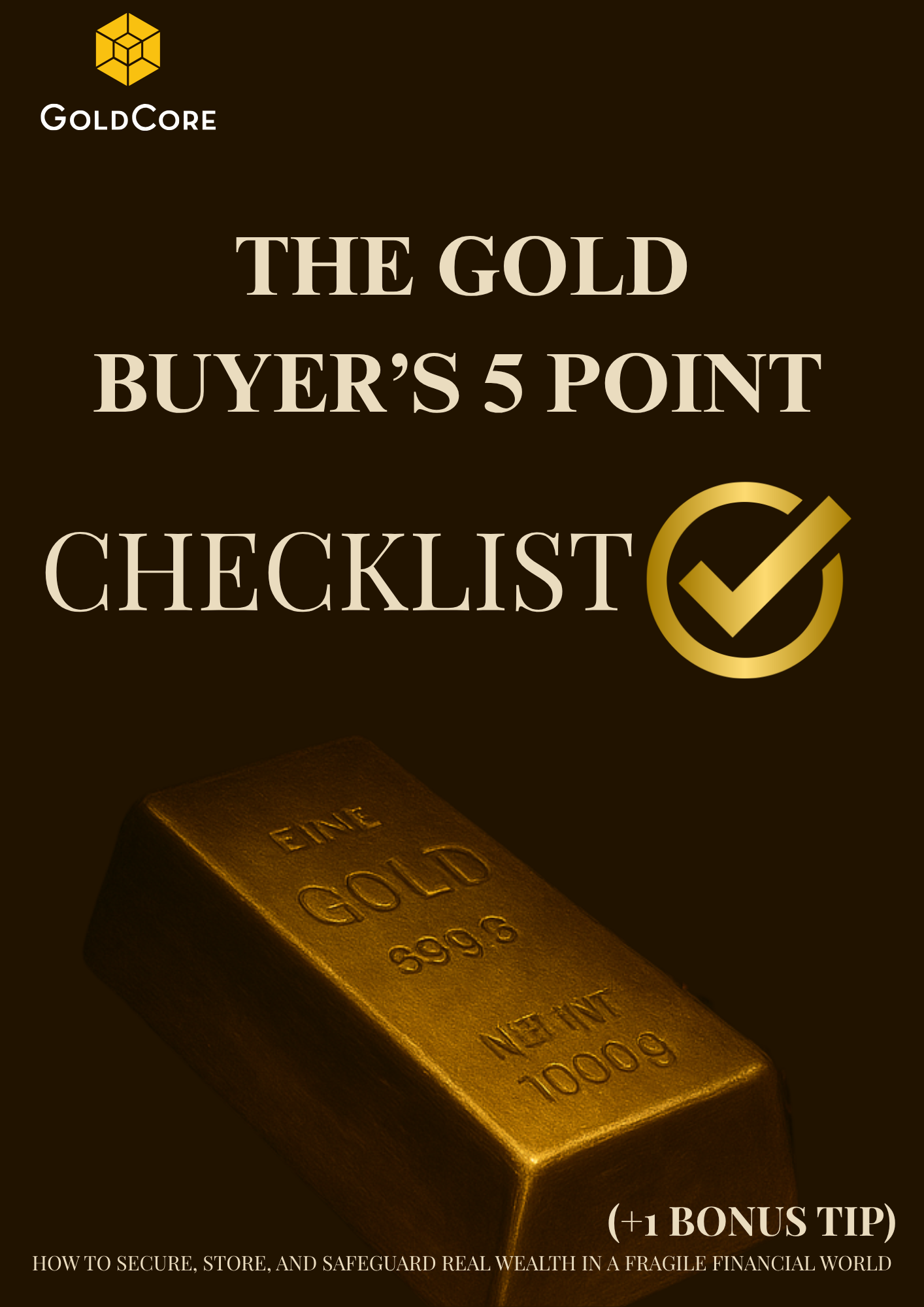
Every so often, a legal ruling reverberates beyond the walls of the courtroom, not because of its immediate consequence, but because of what it reveals about where we are and perhaps, where we’re headed. This week, the U.S. Court of International Trade handed down one such judgment. It ruled that the sweeping “Liberation Day” tariffs, imposed under emergency powers by the Trump administration, were illegal.
At first glance, this might seem like a technical trade-law issue. But scratch the surface, and it becomes something more profound, a moment of reckoning for executive power, for the global order, and for investors navigating through it all.
Markets cheered the news. Equity futures jumped. Headlines declared victory for constitutional balance. And in some ways, it is a positive step, a reminder that even in stormy times, there are still structures, checks, balances, and the rule of law, that assert themselves when needed.
The Fed Is Lying to Itself
But I’ll admit, I wasn’t wholly reassured. Not because I believe tariffs are good policy, I don’t. And not because I think courts shouldn’t intervene, they should, when needed. But because we’ve entered a strange new world where certainty is no longer delivered by predictable policy shifts or steady leadership, but by sudden legal jolts, market reactions, or social media silences.
You see, for much of the past few years, the global trade landscape has been increasingly shaped by personality, not principle. Tariffs announced in late-night tweets. Trade wars started and paused like soap opera episodes. The “TACO” trade, Trump Always Chickens Out, may have become a market meme, but it’s no way to run international diplomacy.
So when the court ruling arrived, the markets may have seen relief. I saw vulnerability. Because when a strategy, however flawed, is suddenly removed or challenged, you’re left with uncertainty. And in today’s world, uncertainty is fertile ground for volatility.
Consider what happens next. Will this ruling be the excuse to pivot away from tariff threats entirely? Perhaps. That would be the most constructive outcome, a quiet walkback disguised as defiance. Or will it provoke something new, a more aggressive posture, in the name of reclaiming control?
I can’t say. But I do know that when leaders feel backed into corners, markets should watch their footing.
For Europe, the ruling presents both a headache and an opportunity. The EU, often caricatured as process-obsessed and slow-moving, has a rare chance to show principled resolve. Brussels should resist any temptation to make unilateral trade concessions now. Not because negotiation is wrong, but because doing so under duress, just as the legal basis for those threats collapses, would be a failure of strategic posture.
The EU has long styled itself as a defender of multilateral rules and international law. This is the moment to prove that wasn’t just rhetoric. It would be a dire mistake to repeat the pattern we’ve seen elsewhere, nonbinding “deals” with no enforcement, offered in haste, forgotten just as quickly.
All of this is bigger than trade. It’s about the systems we rely on, the assumptions we make, and the way power is exercised in the 21st century.
When institutions falter or laws are bent, it’s not just politicians or diplomats who feel the tremors. Investors do too. It’s easy to think of trade policy as something abstract, until it hits your supply chain, your portfolio, or your weekly grocery bill.
That’s why, at GoldCore, we always come back to one principle: resilience.
We can’t control geopolitical drama. But we can control how we prepare. Physical assets, like gold and silver, aren’t just about returns. They’re about optionality. They don’t rely on a court decision or an executive order to maintain their integrity. They’re not made or unmade in trade wars.
They simply are.
We’ve always said that owning precious metals is about more than hedging inflation or chasing gains. It’s about stepping outside systems that increasingly feel fragile, monetary, legal, and political, and holding something with no counterparty risk.
This week was a perfect example. While the headlines swirled, Trump’s legal setback, Brussels’ dilemma, Wall Street’s reflexive optimism, gold simply ticked on, quietly doing its job as a store of value.
There’s a lesson in that. In times of volatility, don’t just react. Observe. Ask what’s real, what’s enduring, what’s noise. And then act from a place of calm understanding.
We’re in for more headlines in the weeks ahead. More tweets, more pivots, perhaps more surprises from the courts. But amidst it all, I take comfort in knowing that the path of resilience doesn’t change with the news cycle.
Buy Gold Coins

Buy gold coins and bars and store them in the safest vaults in Switzerland, London or Singapore with GoldCore.
Learn why Switzerland remains a safe-haven jurisdiction for owning precious metals. Access Our Most Popular Guide, the Essential Guide to Storing Gold in Switzerland here.
Receive Our Award Winning Market Updates In Your Inbox – Sign Up Here





